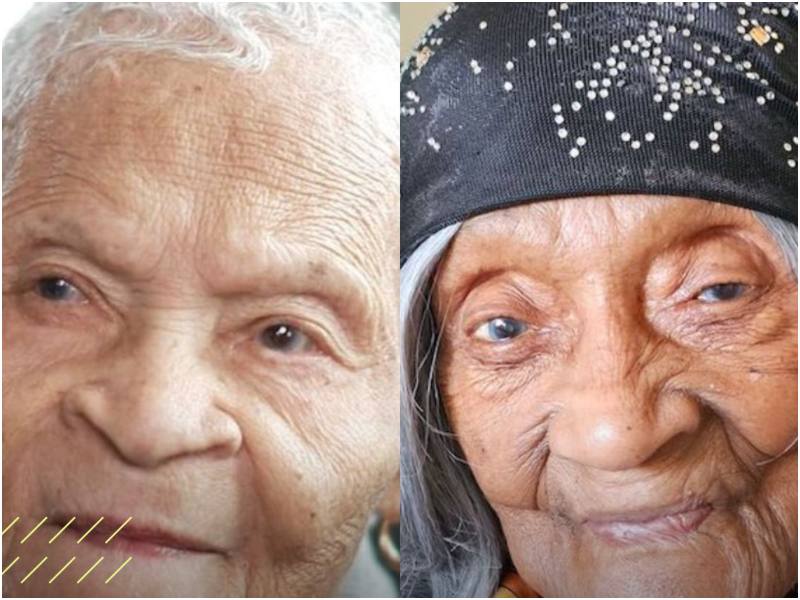Viola Fletcher and Lessie Benningfield Randle, the last living survivors of the 1921 Tulsa Race Massacre, face a significant legal setback following the recent dismissal of their lawsuit against the city of Tulsa.
The Oklahoma Supreme Court has declined to rehear the case, which was initially dismissed in June.
The 1921 Tulsa Race Massacre, also known as the Tulsa Race Riot, remains one of the most devastating episodes of racial violence in American history.
The attack, which occurred in the Greenwood District of Tulsa, Oklahoma, led to the deaths of approximately 300 Black residents and the destruction of over 1,000 homes and businesses in what was once a thriving Black community known as “Black Wall Street.”
Viola Fletcher, now 109, and Lessie Benningfield Randle, 106, have been at the forefront of efforts to seek justice and reparations for the survivors and their descendants.
Their lawsuit aimed to hold the city of Tulsa accountable for its role in the massacre and the subsequent failure to provide adequate justice or compensation to the victims and their families.
The recent decision by the Oklahoma Supreme Court to reject a rehearing means that the dismissal of their case remains in effect. This decision has drawn criticism from civil rights advocates and legal experts who argue that the survivors’ claims deserve further examination.
Attorney Damario Solomon-Simmons, who represents Fletcher and Randle, expressed disappointment with the ruling and called for a federal investigation under the Emmett Till Unsolved Civil Rights Crime Act.
This Act, named after the 1955 murder of Emmett Till, provides a framework for investigating unresolved civil rights crimes from the past. Solomon-Simmons believes that a federal probe could uncover new evidence and provide a path toward justice for the survivors.
The dismissal of the lawsuit and the refusal to rehear the case highlight ongoing challenges in addressing historical injustices and ensuring accountability for racial violence.
Despite these setbacks, Fletcher, Randle, and their advocates continue to push for recognition and reparations for the atrocities committed against their community.

